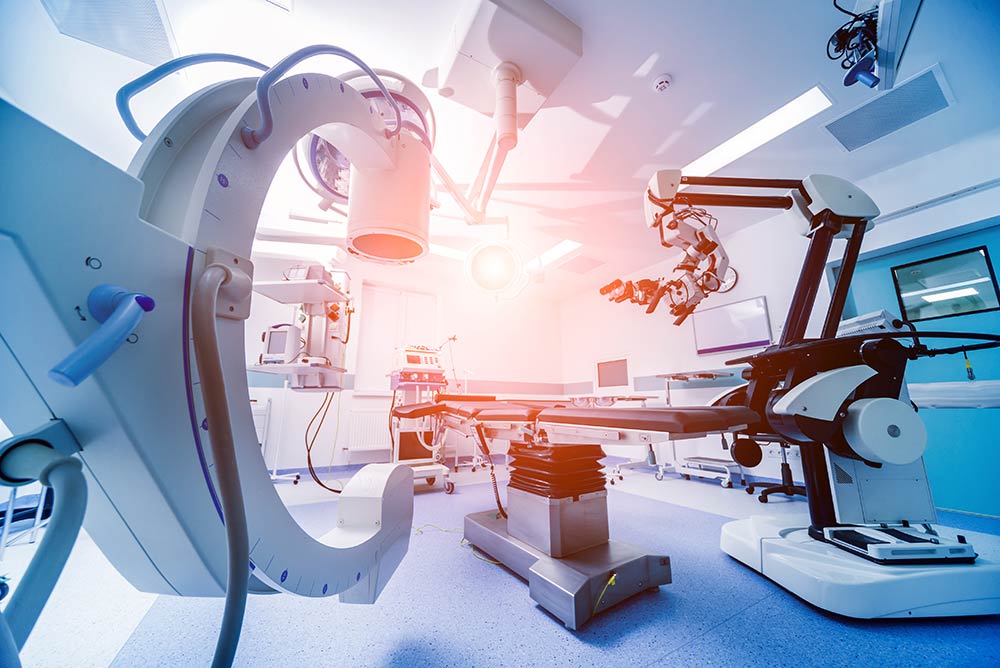Quality Unleashed: A Deep Dive into Industrial Quality Control
Quality control isn’t just a checkbox in industrial processes; it’s the backbone, the unsung hero that ensures every product leaving the manufacturing line meets the highest standards. Industrial quality control, a sophisticated and crucial discipline, goes beyond checking boxes; it’s about unleashing excellence, and here’s how.
The Essence of Industrial Quality Control: Beyond Inspection
Industrial quality control is not merely about inspecting final products. It’s a holistic approach embedded in every stage of manufacturing. From raw materials to the finished goods, each step is meticulously monitored and controlled to maintain consistency, precision, and compliance with industry standards.
Precision in Measurement: The Key to Consistency
At the heart of industrial quality control lies precision in measurement. Advanced measurement tools and technologies ensure that every component, no matter how minuscule, adheres to specified dimensions. This precision guarantees that each part fits seamlessly into the larger assembly, contributing to the overall functionality of the final product.
Statistical Process Control: A Data-Driven Approach
Embracing a data-driven approach, statistical process control (SPC) plays a pivotal role in industrial quality control. By collecting and analyzing data throughout the production process, manufacturers can identify trends, variations, and potential defects. This proactive methodology allows for real-time adjustments, minimizing the likelihood of defects in the final output.
Advanced Inspection Technologies: Redefining Accuracy
Gone are the days of manual inspections with a magnifying glass. Industrial quality control leverages advanced technologies such as computer vision, machine learning, and robotics. These technologies not only enhance the speed of inspections but also improve accuracy, ensuring that even the tiniest deviations from the norm are detected.
Non-Destructive Testing: Ensuring Structural Integrity
In industries where structural integrity is paramount, non-destructive testing (NDT) takes the spotlight. Methods like ultrasonic testing, X-ray inspection, and magnetic particle testing allow for thorough inspections without compromising the integrity of the tested materials. This ensures that even hidden flaws are uncovered, preventing potential hazards in critical applications.
Root Cause Analysis: Preventing Recurrence
When defects do occur, industrial quality control doesn’t stop at surface-level fixes. Root cause analysis delves deep into the production process to identify the underlying factors contributing to defects. By addressing these root causes, manufacturers not only correct immediate issues but also prevent the recurrence of similar problems in the future.
Continuous Improvement: A Never-Ending Journey
Industrial quality control is not a destination; it’s a continuous journey of improvement. Through methodologies like Six Sigma and Total Quality Management (TQM), industries strive for perfection. These methodologies instill a culture of continuous improvement, empowering teams to identify inefficiencies, optimize processes, and elevate overall product quality.
Explore Excellence at Industrial Quality Control
For those eager to explore the intricacies of industrial quality control, Industrial Quality Control provides a gateway to solutions and insights. Whether you’re a seasoned quality professional or just stepping into the realm of quality assurance, the platform offers a wealth of resources to enhance your understanding and application of industrial quality control.
Industry-Specific Standards: Tailoring Quality Protocols
Different industries have distinct quality requirements. Whether it’s aerospace, automotive, or electronics, industrial quality control adapts to industry-specific standards. These standards ensure that products not only meet regulatory requirements but also align with the unique demands and expectations of each sector.
The Human Touch: Skilled Inspectors in Action
While technology plays a pivotal role, the human touch remains indispensable in industrial quality control. Skilled inspectors bring expertise and intuition to the process, combining their knowledge with advanced tools for a comprehensive and nuanced approach to quality assurance.
In essence, industrial quality control is the silent force that ensures the reliability, safety, and excellence of products we encounter every day. From the microscopic precision in measurements to the macroscopic strategies of continuous improvement, it’s a discipline that shapes the backbone of industries. Explore Industrial Quality Control to delve into the world where quality is not just maintained; it’s unleashed.










